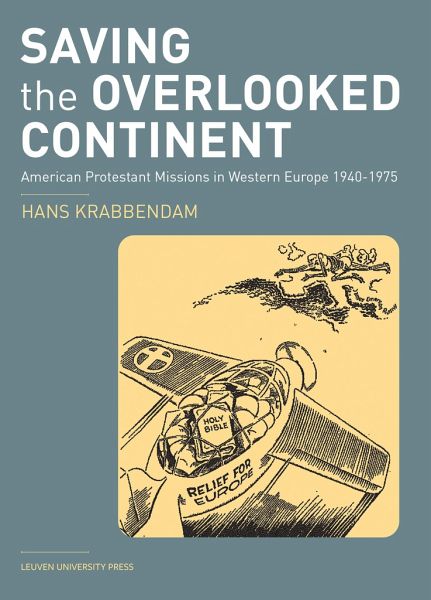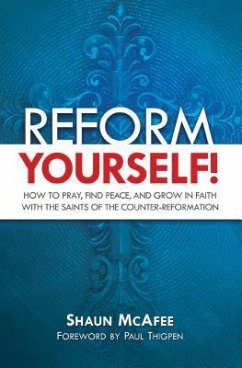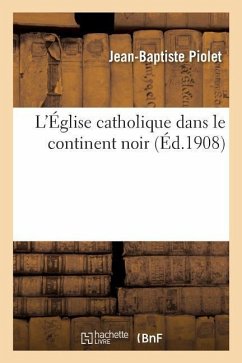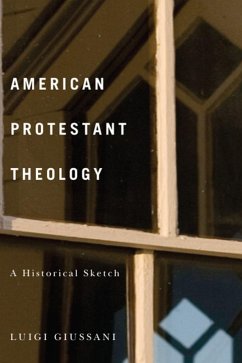
Saving the Overlooked Continent
American Protestant Missions in Western Europe, 1940-1975

PAYBACK Punkte
11 °P sammeln!
Livestream Recharge Lezing 'Missie Europa. Naoorlogse Amerikaanse pogingen om West-Europa te bekeren', dinsdag 13 oktober 2020, 19:30 tot 21:00 uur How American Protestant missionaries created a new worldwide religious network Among a wide spectrum of American Protestants, the horrors of World War II triggered grave concern for Europe's religious future. They promptly mobilised resources to revive Europe's Christian foundation. Saving the Overlooked Continent reconstructs this surprising redirection of Western missions. For the first time, Europe became the recipient of America's missionary en...
Livestream Recharge Lezing 'Missie Europa. Naoorlogse Amerikaanse pogingen om West-Europa te bekeren', dinsdag 13 oktober 2020, 19:30 tot 21:00 uur How American Protestant missionaries created a new worldwide religious network Among a wide spectrum of American Protestants, the horrors of World War II triggered grave concern for Europe's religious future. They promptly mobilised resources to revive Europe's Christian foundation. Saving the Overlooked Continent reconstructs this surprising redirection of Western missions. For the first time, Europe became the recipient of America's missionary enterprise. The American missionary impulse matched the military, economic, and political programs of the U.S., all of which positioned the United States to become Europe's dominant partner and point of cultural reference. One result was the importation of the internal conflicts that vexed American Protestants - theological tensions between modernists and traditionalists, and organisational competition between established churches and independent parachurch associations. Europe was offered a new slate of options that sparked civic and ecclesiastical responses. But behind these contending religious networks lay a considerable overlap of goals and means based on a shared missionary trajectory. By the mid-1960s, most Protestant American agencies admitted that the expectation of a religious revival had been too optimistic despite their initiatives having led to an integration of Europe in the global evangelical network. The agencies reconsidered their assumptions and redefined their strategies. The initial opposition between inclusive and exclusive approaches abated, and the path opened to a sustained cooperation among once-fierce opponents. This publication is GPRC-labeled (Guaranteed Peer-Reviewed Content).













